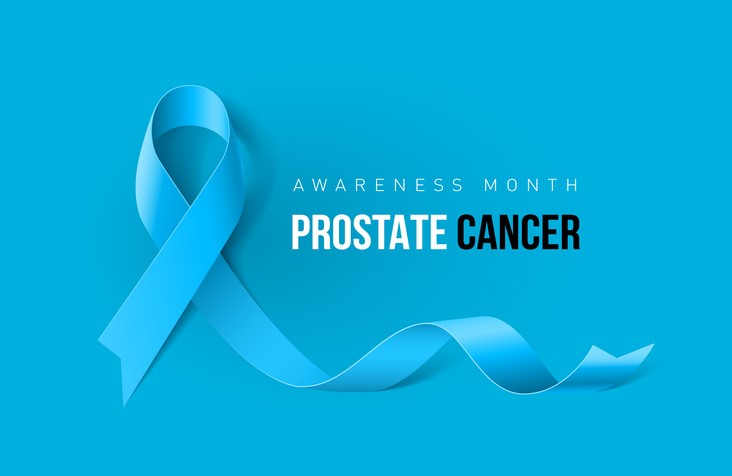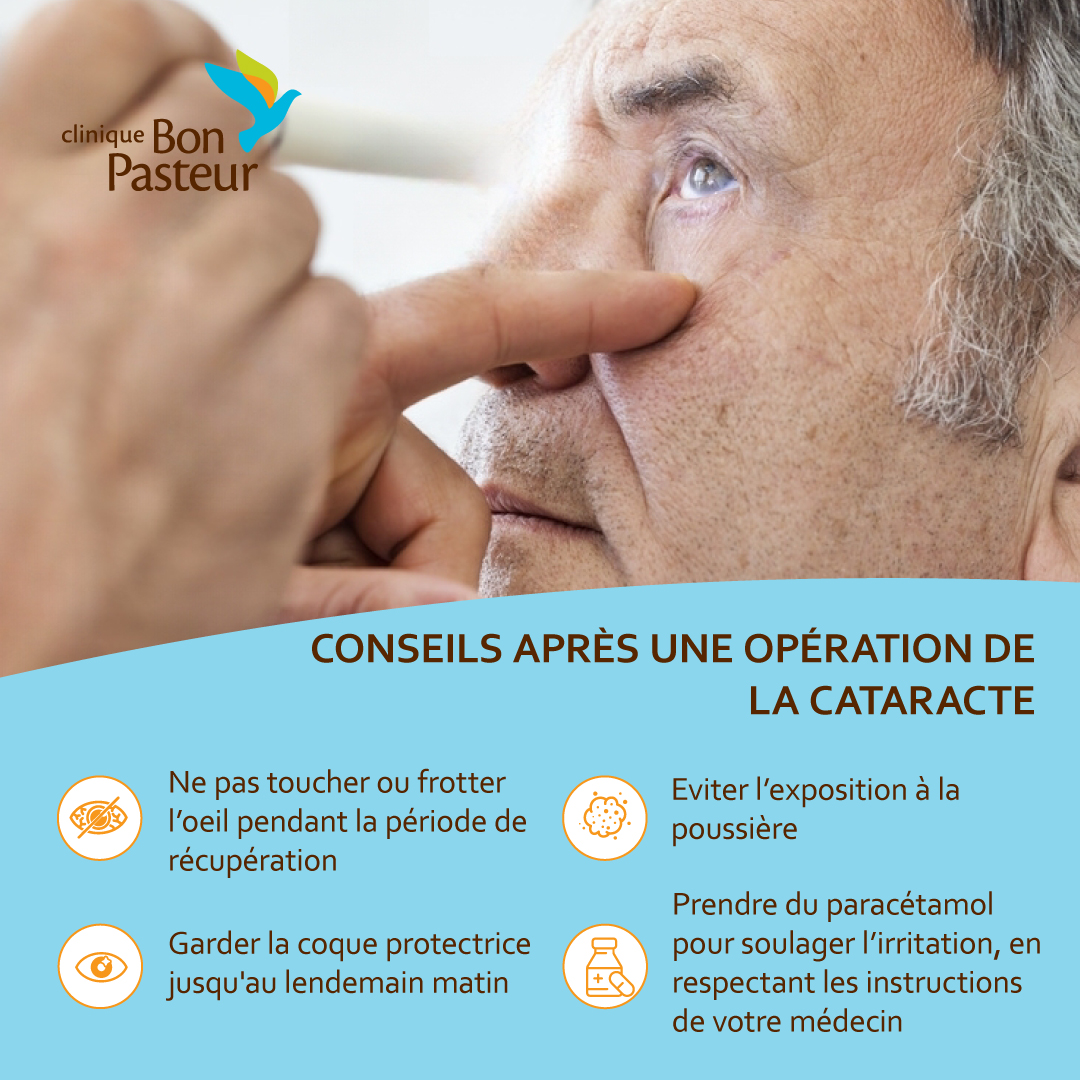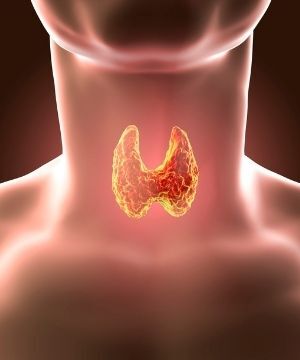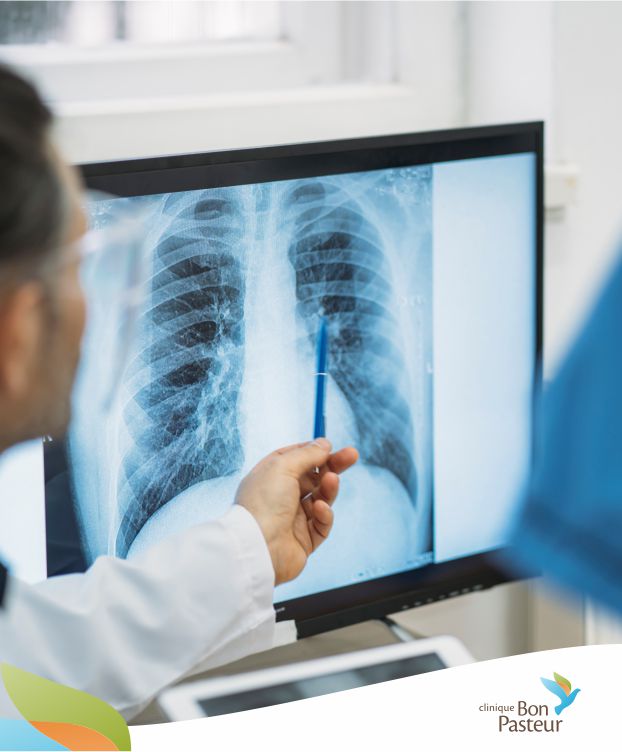Check-up: for whom and why?
June 12, 2022
We often hear about the importance of having a health check-up. As a preventative health care measure, it helps to identify potential pathologies before they appear or become serious. Who should have a check-up? How does it work? Interview with Dr Panchcoory, general practitioner at the Bon Pasteur Clinic.
Celebrated on June 12th, Global Wellness Day is designed to serve as a reminder of the importance of taking care of ourselves. This also means taking preventive measures! ‘The health check-up is an essential screening tool to determine a person’s health condition. It also enables us to detect diseases that have remained unnoticed. The earlier a disorder is detected, the better the chances of a favorable diagnosis,’ explains Dr. Panchcoory.
Although the health check-up is aimed at any individual wishing to determine their health condition, from the age of 40 onwards a more regular check-up, every year or two, is recommended. ‘It also depends on the person’s personal health concerns, for example, if they have a high risk of heart disease or stroke, or if they have a chronic illness. If, for example, the person has a family history of cardiovascular disease, they should start the check-ups earlier and be monitored more regularly,’ says Dr. Panchcoory. The patient’s medical history, which includes the information gathered by the doctor during the examination – age, sex, occupation, smoking or alcohol consumption, etc. – also serves as a guide for the tests to be carried out.
The basic health check-up consists in the following steps: first of all, an analysis by the general practitioner – including blood pressure, physical examination, lung and abdominal examination, measurement of weight, height, waist and hip circumference, etc. – is used to draw up an initial health profile of the patient. In addition, a blood sample is taken on an empty stomach in the morning to detect, for example, possible diabetes, high cholesterol, infectious or tumor pathology, or anemia.
The examination is sometimes followed by a urine test or a resting electrocardiogram. However, for Dr Panchcoory, each check-up must be personalized. ‘We have to take into account the patient’s history and family background to offer a check-up with tests that are specifically designed for them,’ he says.
Even if there are no symptoms, a person with, for example, a family history of colorectal cancer should start having colonoscopies even before the age of 50. At the same time, the person’s lifestyle is also taken into account when determining the most appropriate tests. ‘A smoker or a person exposed to pollutants such as construction products or dust, for example, should have their lung function assessed by spirometry,’ he adds.
Although laboratories sometimes offer complete check-ups, it is still necessary to be previously examined by a general practitioner. The latter will be able to guide you as to which tests to carry out and will ensure that the check-up is as accurate as possible. ‘Once the evaluation has been carried out, we can, if necessary, refer the patient to other more specific tests for an even more accurate diagnosis,’ concludes the Dr.
Need to have a health check-up? Contact us on 401 95 00 and we will advise you on how to proceed.

Related Article



















